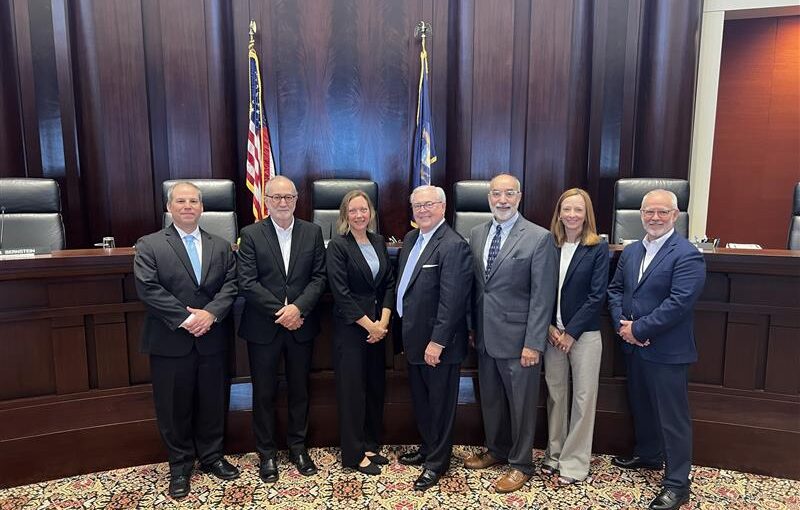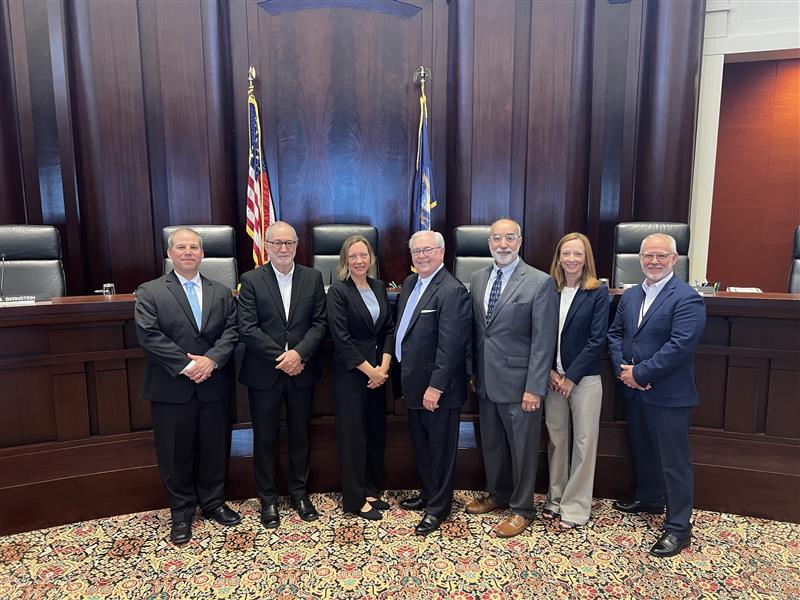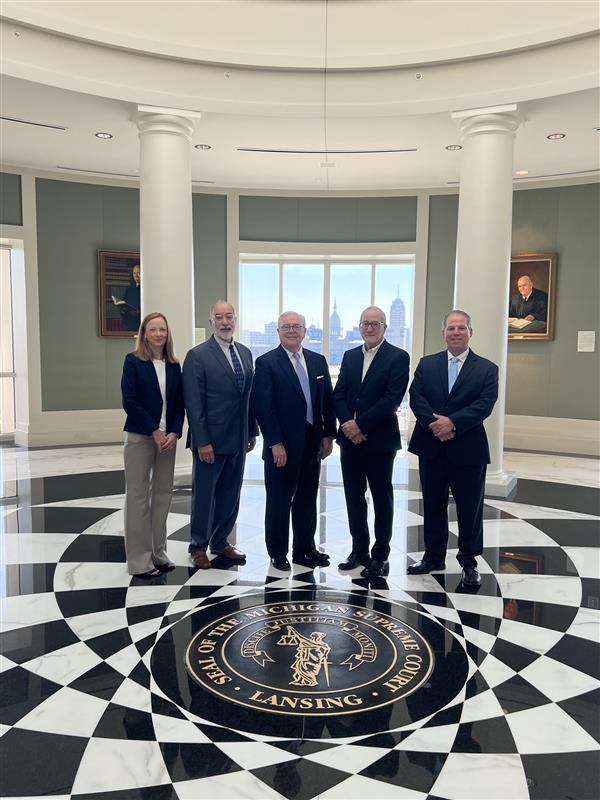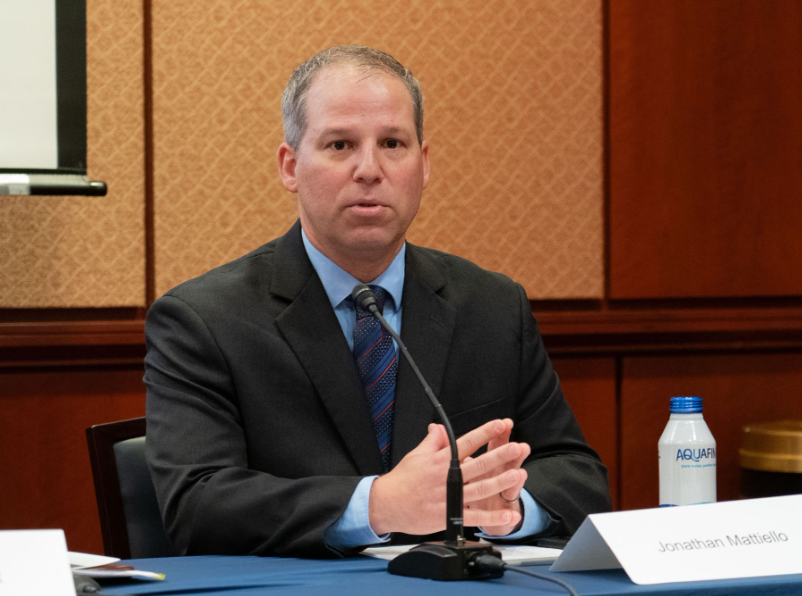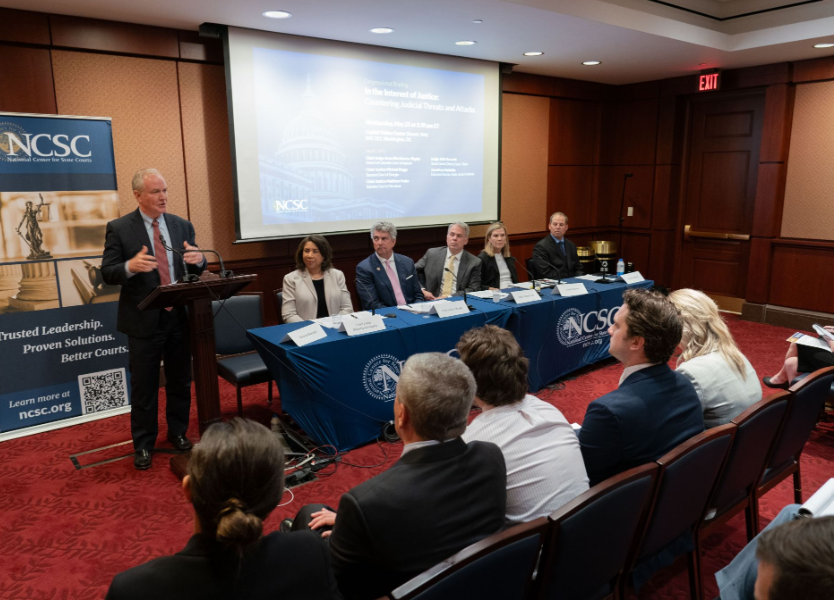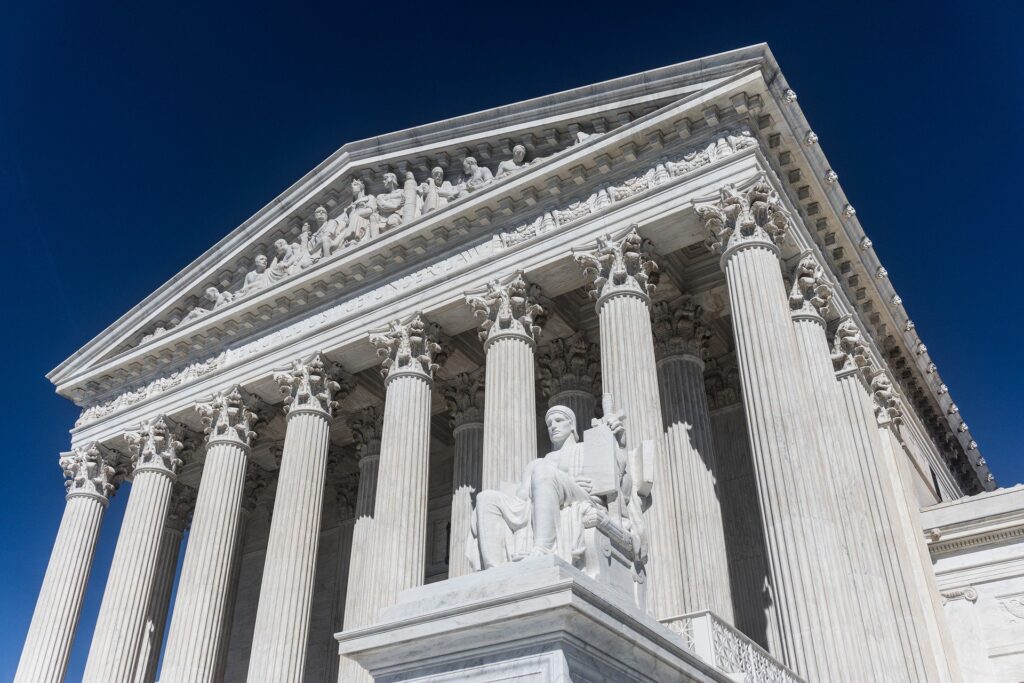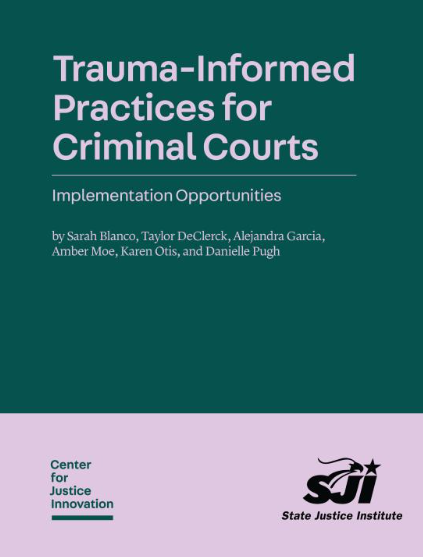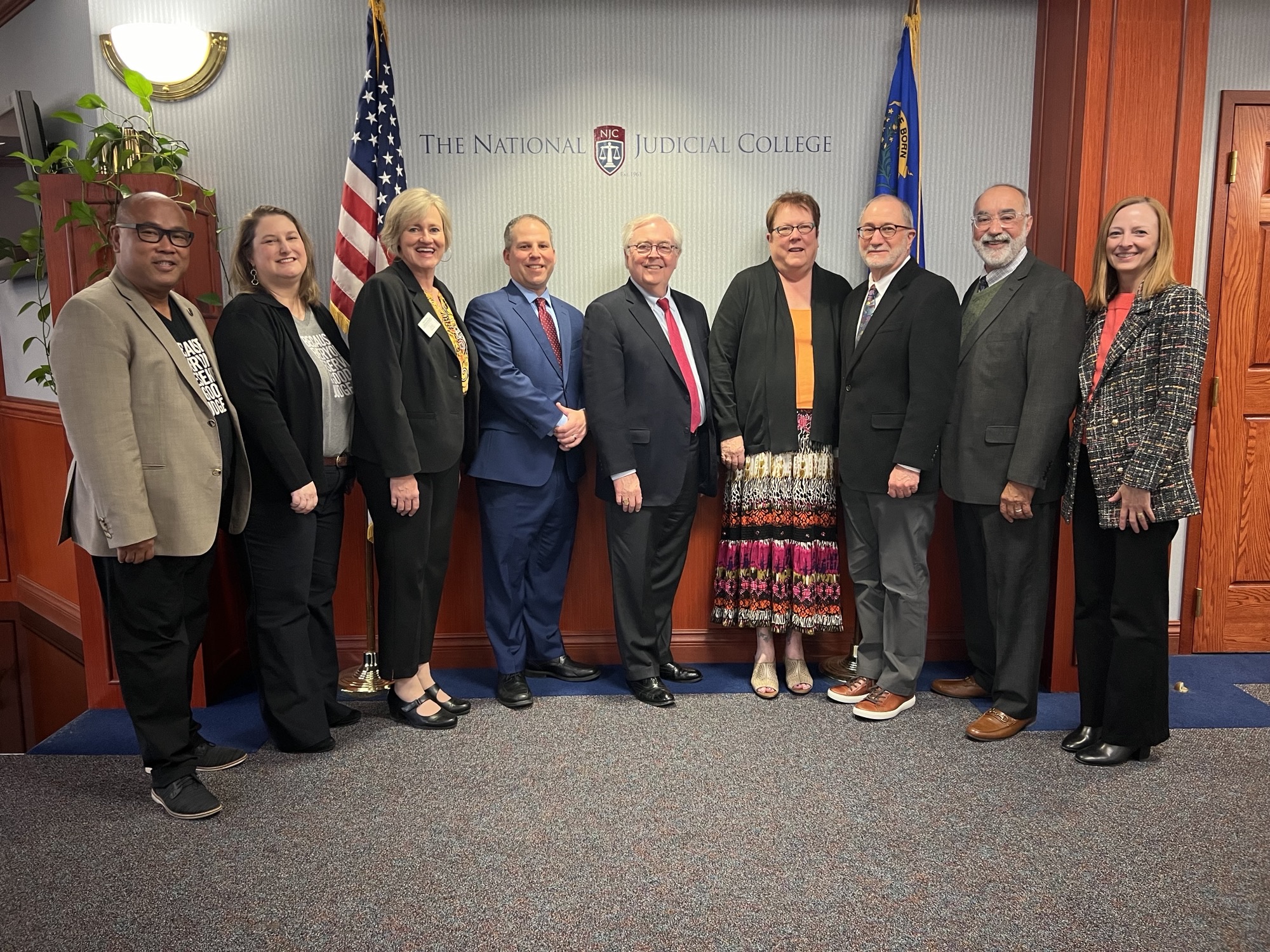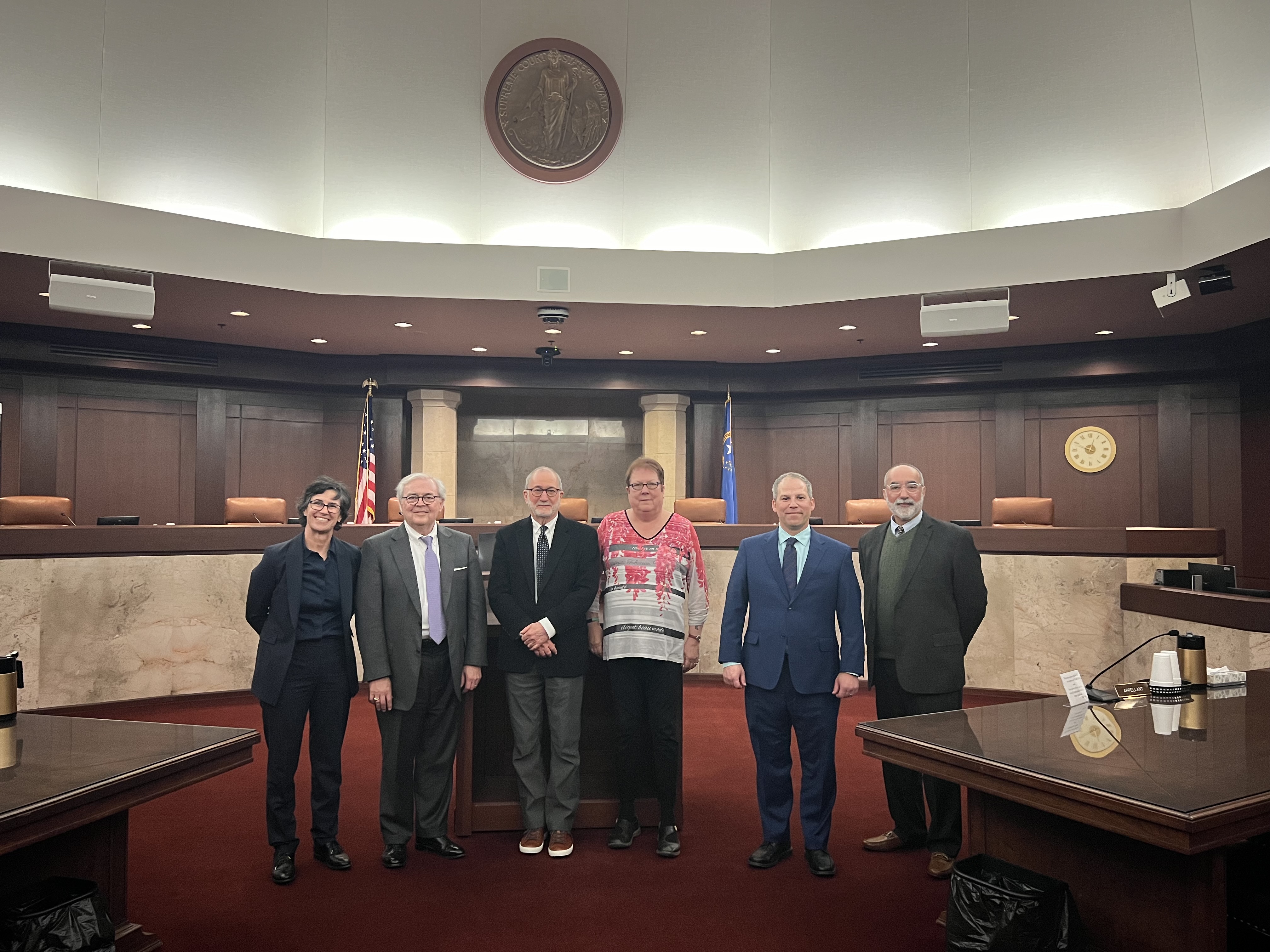SJI received 14 grant applications requesting a total of $1,800,068 for the 2nd quarter of FY 2024. The Board met on April 8, 2024, at the Supreme Court of Nevada to make decisions on those applications.
During its meeting, the Board awarded five (5) Strategic Initiatives Grant to: 1) the National Center for State Courts (NCSC), in partnership with the Conference of Chief Justices, the Conference of State Court Administrators, the National Council of Juvenile and Family Court Judges (NCJFCJ), the National Conference of State Legislatures, and the Annie E. Casey Foundation to convene a national summit and provide technical assistance to arm state court leaders and their partners with the best available information on effective policy and practice approaches to serve young people; 2) the NCSC to provide state courts with tangible approaches to improve plain language and clear communication on court forms through Forms Camp 2024; 3) The Institute for the Advancement of the American Legal System, in collaboration with the Berkeley Judicial Institute to support a national summit on judicial leadership; 4) NCJFCJ, in partnership with the Judicial Studies Graduate Degree Program at the University of Nevada Reno and the Kempe Center to develop a e-learning course on the science of medical evidence in child abuse and neglect cases; and 5) the NCJFCJ to improve the juvenile and family court system’s ability to identify youth who are experiencing housing insecurity and connect them with services.
One (1) Project Grant application was awarded to the Administrative Office of the Pennsylvania Courts to conduct a statewide Behavioral Health and Recovery Summit that will engage other branches of government, key stakeholders, and county action teams to respond to behavioral health challenges.
Five (5) Technical Assistance Grant applications were awarded: 1) the Wisconsin Court System to provide a Sequential Intercept Model (SIM) train-the-trainer workshop, and an in-state SIM workshop in La Crosse County; 2) the Maryland Judiciary to create a strategic campaign that identifies initiatives aligned with the Judiciary’s mission and vision; 3) the District of Columbia Courts for a project on the planning, impact, and use of Artificial Intelligence on judicial decision-making and court operations; 4) Lafayette Parish, Louisiana, City Court to improve justice and behavioral health responses to individuals with serious mental illness through a SIM workshop; and 5) the Wyoming Judicial Branch to assist in strengthening security by providing courthouse security assessments for eleven (11) courthouses in the state.
Two (2) Curriculum Adaptation and Training Grants were awarded: 1) the National Consortium on Racial and Ethnic Fairness in the Courts to support educational sessions during the 2024 meeting; and 2) the National Association of State Judicial Educators for enhanced audio/visual capabilities and faculty during the 2024 annual meeting.
The next deadline for grant applications is May 1, 2024.


